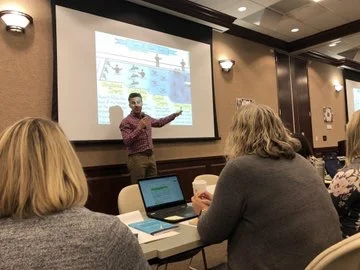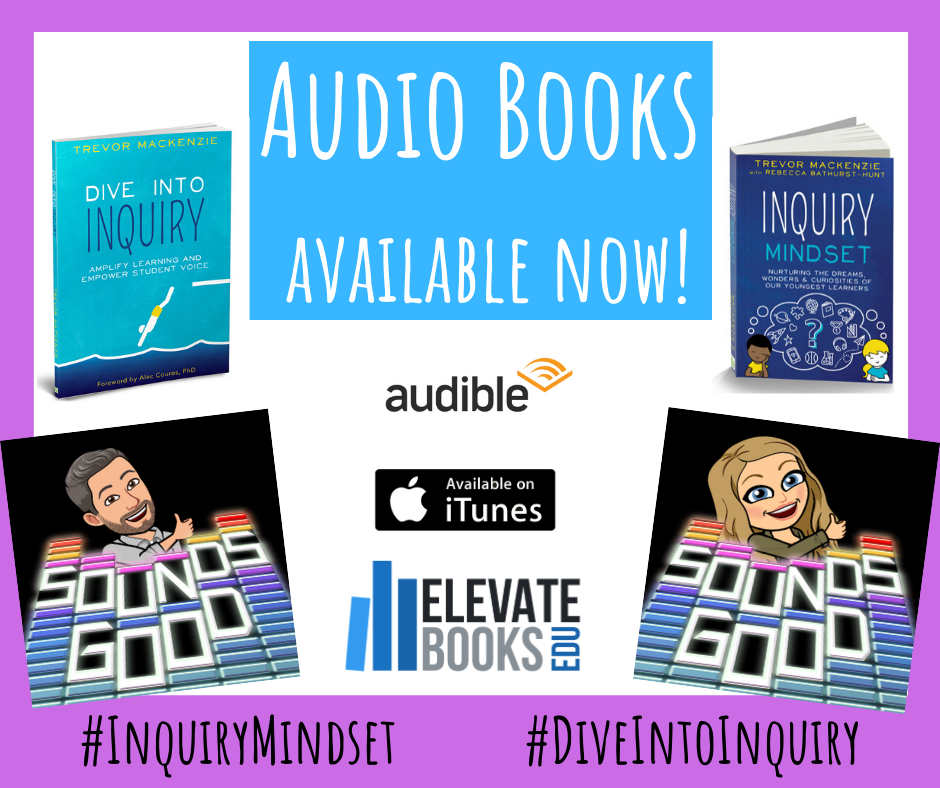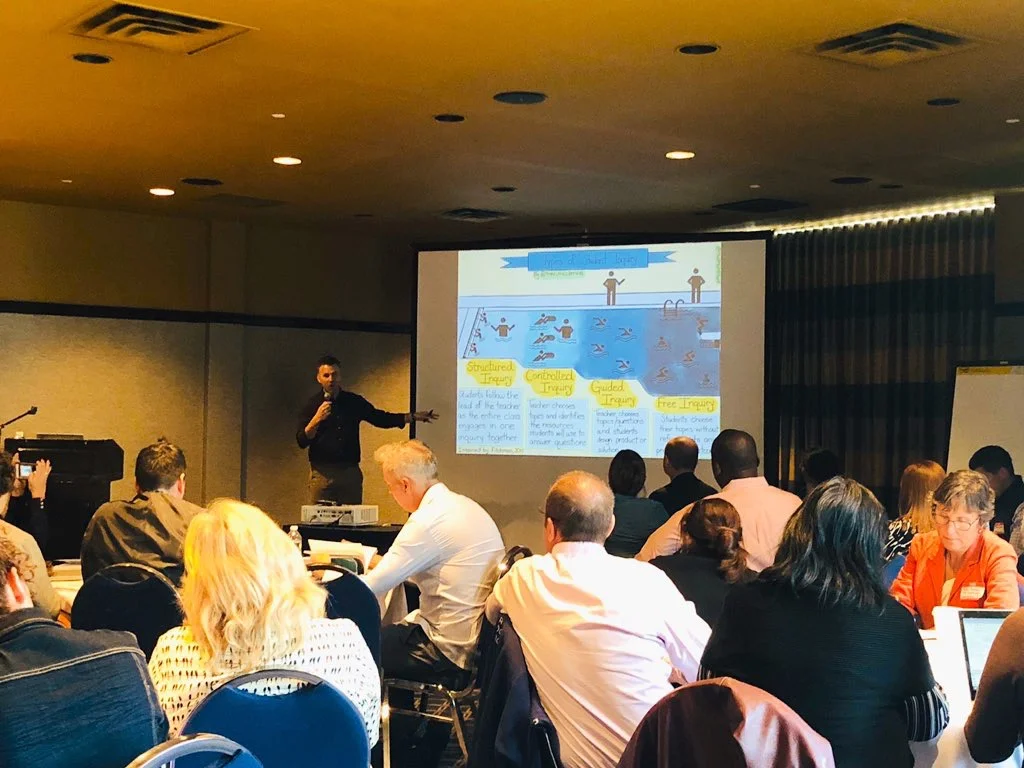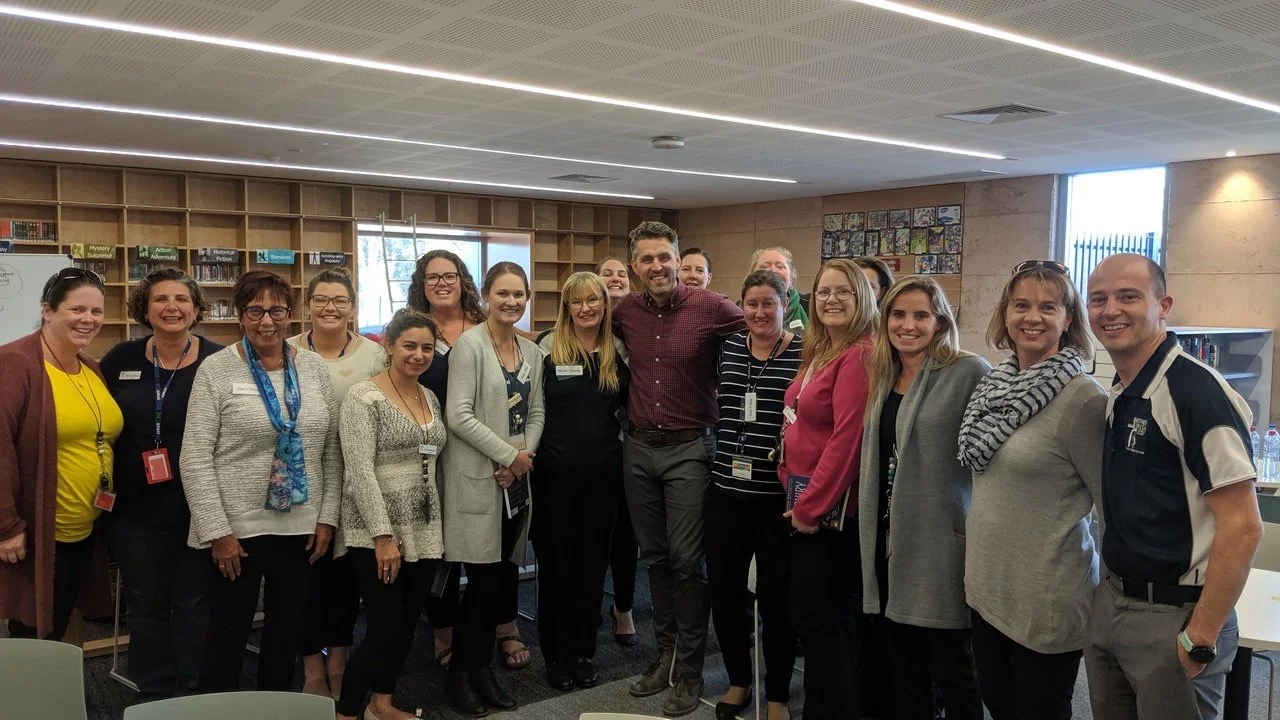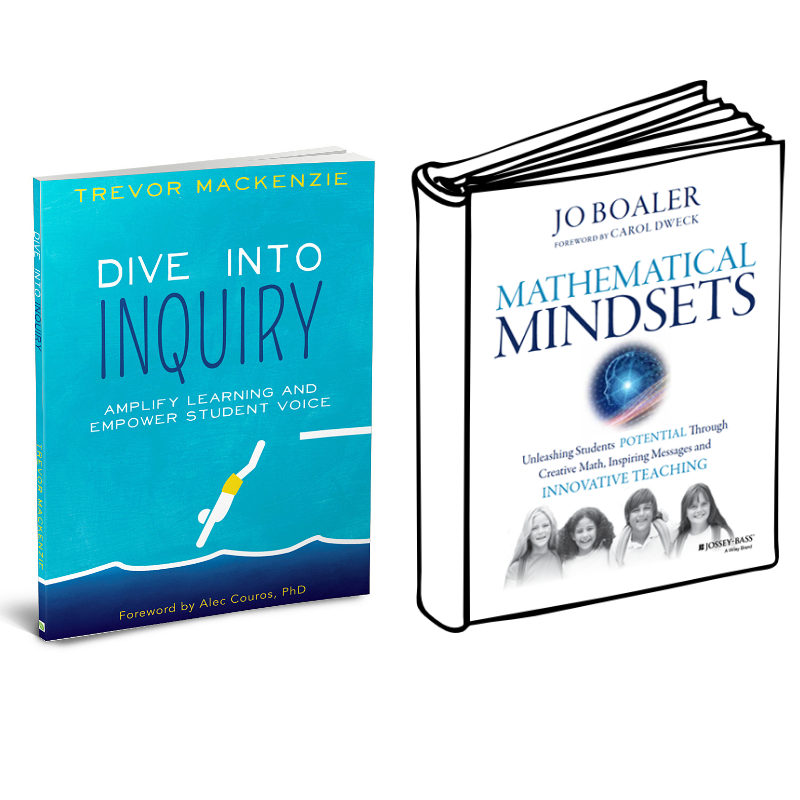“At birth, we are endowed with the dispositions and mechanisms to discover the world and make it a meaningful place in which to live. Without a desire to look, to explore by hand, by mouth, eye and ear we would not grow up to be the human beings we are.” (John Barrell, 2003)
Ivy is five and Joy is three and I feel like the luckiest father in the world. Over the last five years, I have been observing how my two young children interact with the world around them and I have been amazed at the skills they have developed to make sense of the complex and demanding. For example, the way they learn through experiences, question everything, and have an innate sense of curiosity is remarkable, is amazing. When they finally get to school, they are primed for learning.
Student-led learning is an approach to learning that harness the innate traits I believe we were all born with, and inquiry-based learning (IBL) in particular can be the vehicle that enables students to practice the skills required to be successful in life and develop a passion for life-long learning. In order to get the maximum benefits from all types of student-led learning, it is important to foster and grow one’s self-regulated learning (SRL) skills. SRL skills lay the foundation on which student-led learning can flourish.
What is SRL?
SRL is the idea that students take control of and evaluate their own learning. A self-regulated learner is a student who is able to control, evaluate, and adapt his or her own learning process. These learners persevere when the going gets tough and are capable of making adaptations to their learning strategies to help them succeed. SRL occurs when a student realizes that there is a better way or strategy to achieve a goal than the current method they are employing, and then they act upon this realization by making changes to their goals and plans. SRL is essential to meaningful learning in the classroom and the development of lifelong learning skills (Zimmerman, 2002).
According to Winne and Hadwin (1998), there are four phases of SRL: task understanding, goals and plans, applying strategies, and adapting and regulating. As students are guided through each of these phases, they constantly monitor and evaluate their progress, making adaptations to previous phases as necessary. Research shows that children do not just inherit these skills but rather must learn them through explicit instruction embedded into naturally occurring learning experiences. Many students who arrive in classrooms find basic SRL skills to be challenging. They need instruction and support in learning to set appropriate goals, create plans, monitor their time, ignore distractions, adapt goals, and choose appropriate learning strategies.
Combining IBL and SRL
Students in inquiry-based learning environments, who are expected to take control of their own learning experiences, need educators to support them in gaining the basic SRL skills that will help them be successful. When students are unable to set goals, make plans, manage their time, evaluate their progress, and apply appropriate learning strategies, their IBL learning experiences are likely to be frustrating and unsuccessful. The model below shows how the steps in an IBL framework can be supported by the four phases of SRL.




